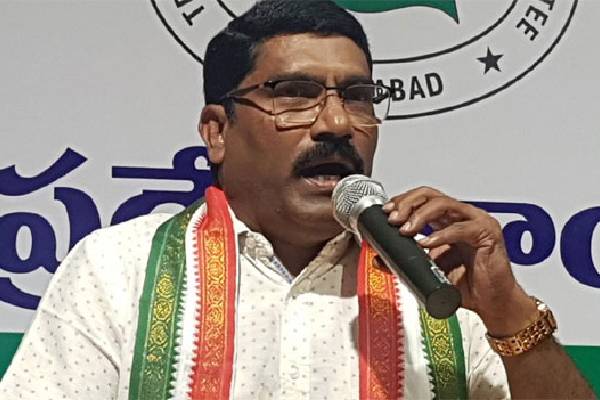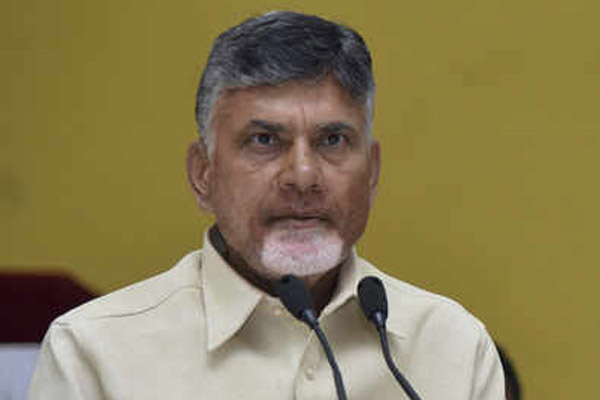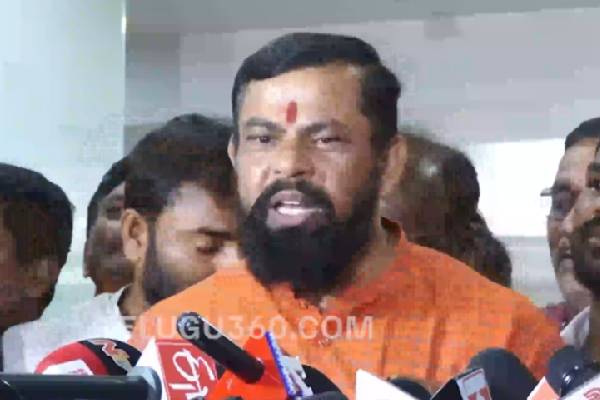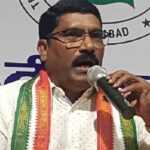
Chandrababu Naidu, master of many electoral battles and a shrewd political strategist faces one of his toughest electoral fights. Together with BJP and Janasena, he won over YS Jaganmohan Reddy by a slender two percent margin in 2014. The TDP pulled out of NDA. The BJP is now determined to defeat TDP. Janasena is no longer with TDP and posits itself as equidistant from the two arch rivals. The TDP for the first time goes to polls without any allies. The special status narrative has certainly given Chandrababu Naidu an emotional issue to fight the elections. However in the recent past, Naidu and his party seems to be focussing more on personal and political rivalry with Jaganmohan Reddy and his party rather than special status. The acrimonious poll battle degenerated into mutual mudslinging with the interest of the state pushed to the backseat. Though Chandrababu Naidu may not be facing sweeping anti incumbency, there are certain things which certainly give him sleepless nights.
The Amaravati-centred development model has led to a sense of alienation in the backward regions of North Coastal Andhra and Rayalaseema. Except for some movement on projects like Handri Neeva, there has been precious little done to address this discontent.
Rayalaseema has been a stronghold of YSR Congress. The special package for development of Rayalaseema and north coastal Andhra was elusive. To placate the people away from the state capital, Naidu announced a detailed development and industrialisation plan for every district in the state Assembly. Though partnership and investment summits were held periodically, and the chief minister held many foreign tours to lure investment, not much has happened in terms of industrialisation especially in terms of providing jobs for the unemployed. Despite the lofty talk of rebuilding the Information Technology landscape in the residuary Andhra Pradesh, the state has a long way to go.
The controversial Janmabhoomi committees constituted solely with TDP activists have only established their supremacy and favoured party sympathisers in the rural areas. They weakened the elected local bodies and turned out to be a major political embarrassment for Naidu. This forced the chief minister to scrap these committees, revealing the gravity of people’s ire with such parallel partisan bodies that interfered with the distribution of welfare benefits under a host of government schemes. But, still the ghost of Janmabhoomi committees haunt the ruling TDP with opposition reminding the electorate of their bad experience with such committees filled with party activists taking toll of governance.
The demarcation between the party and the government has blurred quite contrary to the Naidu administration of the united Andhra Pradesh. This might have satisfied the party apparatus but has caused resentment in the general electorate.
The TDP also promised unconditional waiver of loans to farmers and Development of Women and Children in Rural Areas (DWCRA) groups. Learning from his party’s defeats in 2009, Naidu did not lag behind in making several populist promises. More significantly, his promises of a loan waiver for farmers and women workers with the DWCRA certainly influenced voters in 2014 elections. Nearly 20 percent of the DWCRA groups did not repay the loans in April 2014 in some banks. This increased to as high as 80 percent in May indicating the impact of Naidu’s promise of a loan waiver in the run-up to the elections.
The government partly waived the loans of farmers and DWCRA members and banks were reluctant to grant them loans in view of the mounting interest on uncleared loans. Anecdotal evidence from several villages reveals that the phased manner in which the scheme was implemented left many beneficiaries disappointed.
The TDP in its election manifesto promised a job for every household. “If you want job, vote for Babu” was, in fact, the poll plank of TDP in 2014. But, the performance on the ground is far from satisfaction.
Land acquisition in Andhra Pradesh became controversial and even led to periodic violent protests in different parts of the state. As land prices shot up, there have been a stiff resistance to land acquisition from farmers. The landless agricultural labourers were the worst hit.
As the simmering discontent over the loss of sprawling capital city of Hyderabad pervaded the political discourse in 2014 in the Seemandhra region that constitutes present Andhra Pradesh, Naidu could successfully convince the people that he, with the active support of NDA, which was expected to come to power, would unveil a capital better than Hyderabad and a city which even Delhites will be jealous of. Despite showing a scintillating vision of a capital in the lines of Singapore, nothing much has been achieved on the ground.
However, Chandrababu Naidu aims to counter this possible anti-incumbency by launching slew of welfare measures like cash support to farmers and DWACRA women, unemployment allowance, increasing the pension allowance, launch of subsidised canteens etc,. The dream of capital still allures people. The rapid progress in the construction of Polavaram project is Naidu’s unique selling proposition.
( Prof.K. Nageshwar is India’s noted political analyst. He is a former member of the Telangana Legislative Council and professor in the Department of Communication & Journalism, Osmania University, Hyderabad, India )


































